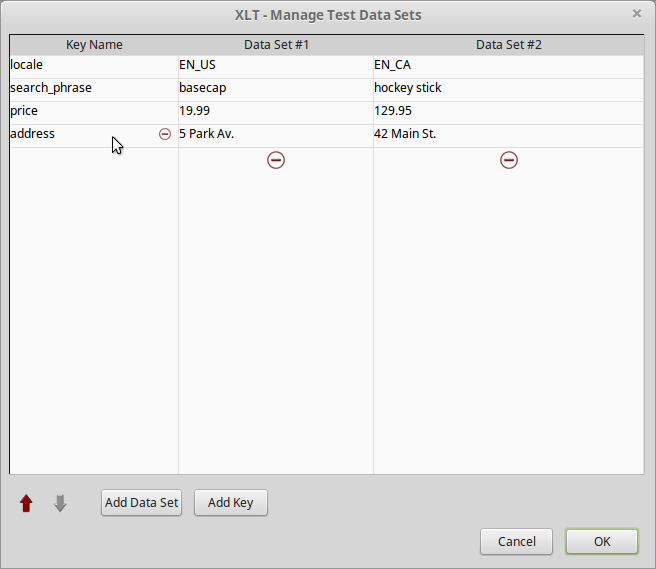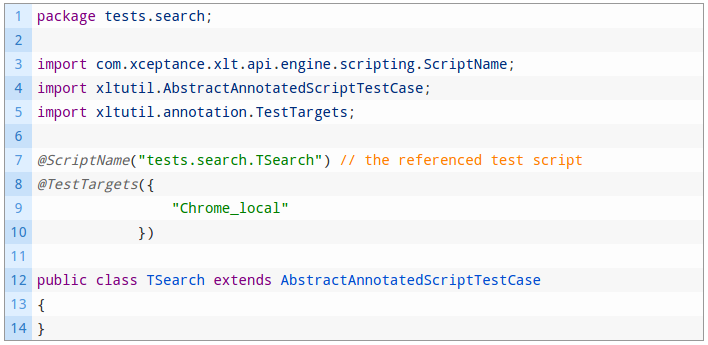Summary
Xceptance released version 4.7 of its load testing and test automation product Xceptance LoadTest. It features a wide range of improvements and new functionalities.
Here is a selection of the most important changes.
- Script Developer fully supports test data sets now
- Script Developer learned “post steps” for easy cleanup or tear down of test cases
- Script Developer and the framework support the new echo command for enhanced debugging
- Load testing supports a variable load factor function to easily and globally vary load quickly
- Load test reports display DNS resolution time
- Load test reports display error charts per error type and response code
- Data tables and charts for custom values display more details
- Data tables have sticky headers for easier data evaluation
- Load test reports can be created for specific test scenarios by filtering to include or exclude specific scenarios during report creation
- XLT can log method and POST data to its timer files
- All core libraries have been updated for improved browser support and improved performance
- The new Amazon data center in Mumbai, India (ap-south-1) has been added
See below for more details of the highlights. Make sure to read the full online release notes.
As always, this upgrade is free for everyone.


